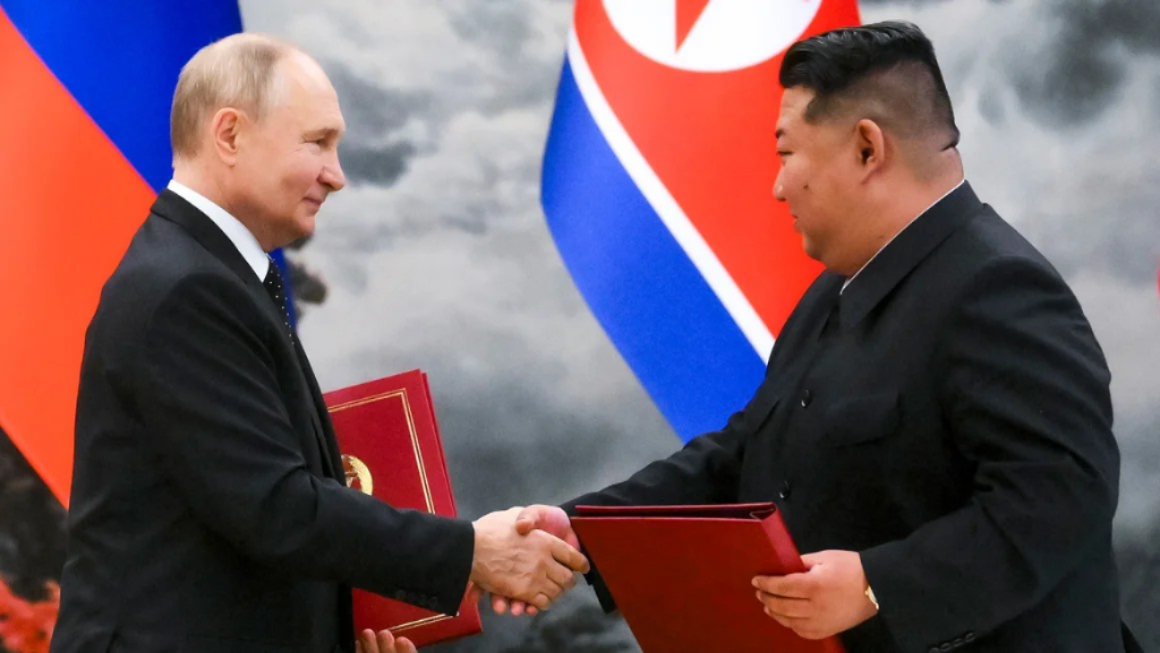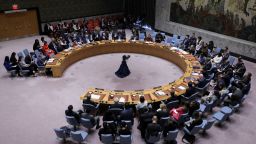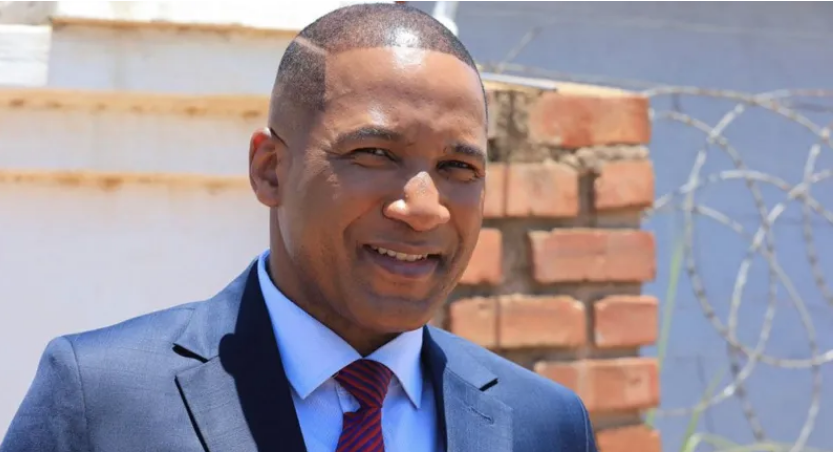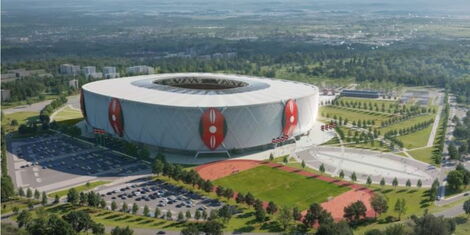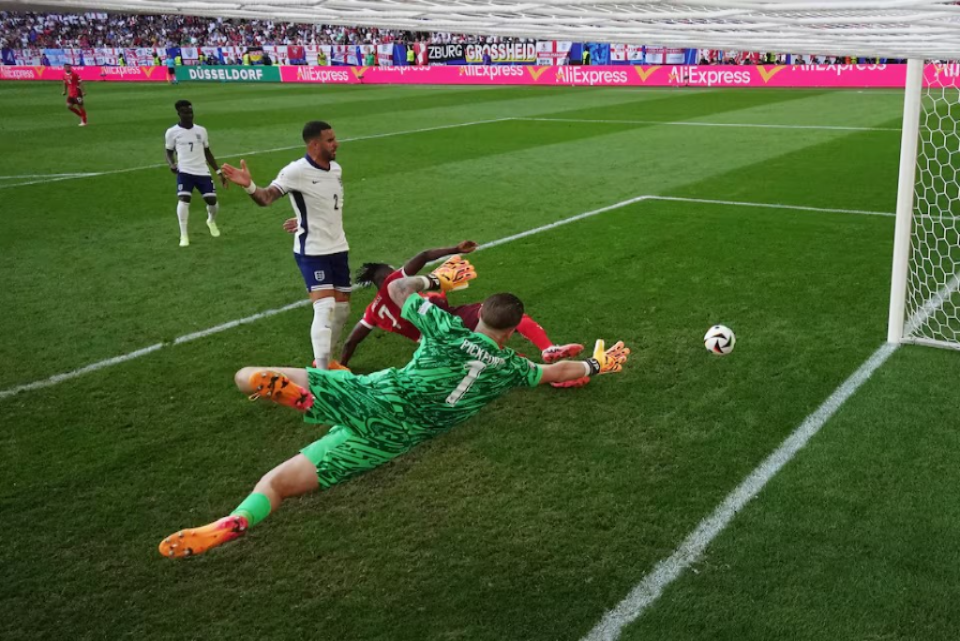Putin ramped up his outreach to North Korean leader Kim Jong Un last year as his weapons stockpiles dwindled – and munitions and missiles have flowed from the country to Russia since a landmark summit between the two leaders in September, multiple governments say, even as both Pyongyang and Moscow deny the transfers.
But while the leaders’ meeting in the globally isolated, Soviet-style capital of Pyongyang provides an opportunity for the two autocrats to discuss how to expand that cooperation, observers say it will have consequences far beyond the battlefield in Ukraine.
The two are expected to ink a new strategic partnership agreement, with Putin saying ahead of the visit that they would “shape the architecture of equal and indivisible security in Eurasia,” according to the Kremlin.

“The relationship is not just about necessity,” said Edward Howell, a lecturer in politics at the University of Oxford in the United Kingdom, who focuses on the Korean Peninsula. “We are seeing the two states forge an increasingly concerted united front and alignment against the United States and the West.”
These divisions were only underscored by the timing of the visit, which comes on the heels of Putin’s meeting with close ally Chinese leader Xi Jinping last month and after democratic leaders from the Group of Seven (G7) used a summit in Italy to again show their solidarity against Moscow’s war.
It also comes as North Korea has railed against growing security cooperation between the US and its allies South Korea and Japan, raising concerns with its escalated rhetoric and ongoing tests to bolster an extensive illegal weapons program.
It remains publicly unknown just what Pyongyang is receiving in return for its support for Russia’s war. But governments from Seoul to Washington will be watching closely for signs of how far the warring Russian leader, who in the past supported international controls on North Korea’s illegal weapons program, is willing to go to back Kim’s bellicose regime.

What do Russia and North Korea want from each other?
In the months after Kim rode his armored train through the country’s Far East region for a landmark September summit with Putin, North Korean munitions appeared to pour into Russia – and be fired in its assault on Ukraine.
Russia has received more than 10,000 shipping containers – the equivalent of 260,000 metric tons of munitions or munitions-related material – from North Korea since September, according to a US statement in February. Russian forces have also launched at least 10 North Korea-made missiles on Ukraine since September, a US official also said in March.
The weapons may be of lesser quality than Russia’s own, but have helped Russia replenish its dwindling stockpiles and keep pace with the weapons support Ukraine is receiving from the West, observers say. The arrangement may also enable North Korea to gain real-world intel on the functioning of its weaponry and help it ramp up exports more broadly.
In an article published in North Korea state media ahead of the visit, Putin thanked Pyongyang for showing “unwavering support” for Russia’s war in Ukraine and said the two countries were “ready to confront the ambition of the collective West.”
Putin is widely seen as set to use his visit, which Kim invited him to make last September, to secure ongoing support.
Less is known about exactly what compensation Pyongyang has received so far in return. South Korean officials have said the North is receiving shipments of food and other necessities from Russia, and there is no shortage of needs for the sanctions-strapped economy, which in addition to food lacks fuel and raw materials – but also seeks to advance its space, missile and nuclear programs.
Putin signaled a willingness to assist North Korea in developing its space and satellite program during their September meeting, which took place, fittingly, at a rocket launch facility.
There have since been signs that such assistance has taken place, including the successful launch of North Korea’s first military reconnaissance satellite the “Malligyong-1” weeks after the visit, following two failed attempts.
Such satellites can help North Korea improve its ground-based military capabilities, for example enabling it to more accurately target opponents’ forces with its own missiles.
United Nations member states are barred from directly or indirectly aiding North Korea’s missile programs as well as engaging in arms transfers with Pyongyang.
But Kim is also eyeing access to know-how for a range of Russian advanced weaponry, experts say, as well as technology linked to uranium enrichment, reactor designs or nuclear propulsion for submarines.
The North Korean leader sees his weapons programs as essential to the survival of his regime, according to analysts.
“Kim Jong Un will be interested in asking the world from Russia, whether he’ll get that or not is another question,” said Ankit Panda, a senior fellow in the nuclear policy program at the Carnegie Endowment for International Peace think tank in Washington.
It’s unlikely that Putin would be “too eager to necessarily initiate cooperation on those issues (nuclear related technologies) when there’s a long list of less sensitive technologies that the Russians can part with” like improving radar or surface-to-air missile systems, he said.
When asked last week about Western concerns that Russia is considering the transfer of sensitive technologies to Pyongyang, a Kremlin spokesperson said the countries’ “potential for developing bilateral relations” was “profound” and “should not cause concern to anyone and should not and cannot be challenged by anyone.”

‘A tragic world’
However, any support from Putin – a leader of a UN Security Council permanent member state – is a significant boon for Kim, who is deeply isolated on the world stage.
For Putin, too, the visit is an opportunity to send a signal, or a threat, that Russia is not alone.
“Putin is highlighting that Russia has friends – and is propagating the idea that the war is not winnable for Ukraine because Russia will not run out of weapons,” said John Erath, senior policy director for the Center for Arms Control and Non-Proliferation non-profit in Washington.
The Russian leader may also see the relationship with Kim as a way to raise the specter of nuclear war, exploiting “US and South Korean concerns about North Korea,” so that “Ukraine’s friends will compel it to seek a negotiated ‘solution’ on Russia’s terms,” Erath added.
Putin laid out his peace conditions on Friday ahead of a Ukraine-backed international peace summit over the weekend that Russia did not attend. They included the withdrawal of Ukrainian troops from four partially occupied regions – a position seen as nonstarter by Kyiv and its allies.
And in his letter published in North Korea state media ahead of the visit, Putin framed the two countries as both facing down what he called US efforts to impose a “neocolonialist dictatorship” over the world.
Observers agree that Putin is unlikely at this point to directly help North Korea’s nuclear program, as neither Putin nor his close partner Xi want to see nuclear confrontation in the region.
But it’s also become clear that growing North Korea-Russia ties, as well as the widening chasm between Russia, China and the West, is impacting international efforts to control North Korea’s weapons program.
Russia in March vetoed a UN resolution to renew an independent panel of experts investigating the country’s violations of Security Council sanctions. China abstained from the vote.
Both countries in recent years have blocked movement in the council related to North Korea as they grew skeptical of US-backed sanctions.
Deepening divisions today contrast collaboration in recent decades between Russia, China and the US, according to former US Ambassador to Russia and National Security Council official Michael McFaul.
He pointed to his experiences during the former US President Barack Obama administration working on nonproliferation efforts related to North Korea and Iran.
“(Then) we were cooperating with the Russians on both of these fronts … we were meeting, we had the same objectives … and the Chinese were with us on lockstep on both of those accounts,” McFaul said in a podcast last month hosted by the Center for Strategic and International Studies think tank.
“Now look at where we’re at today, completely the opposite … we’re not cooperating at all on either of those accounts … that is a brand-new world and a tragic world.”


